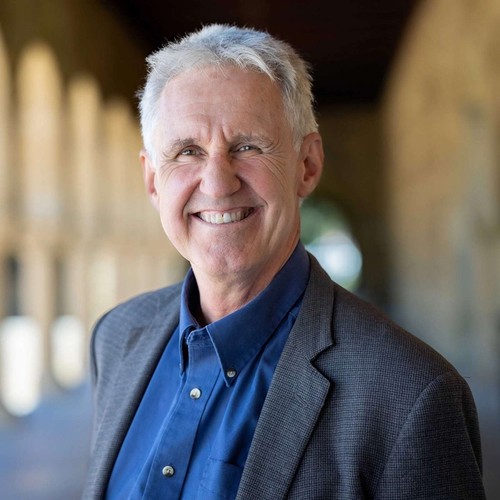
 80,000 Hours Podcast
80,000 Hours Podcast #168 – Ian Morris on whether deep history says we're heading for an intelligence explosion
Sungir Burials
- Ian Morris describes the Sungir burials, 32,000 years old, with elaborate grave goods.
- This challenges evolutionary theory, as hunter-gatherers shouldn't have such social complexity.
Future Development
- Projecting past trends suggests a future with drastically higher development than today.
- This implies a transformation of what it means to be human, similar to shifts during the agricultural and industrial revolutions.
GDP Increase and Societal Change
- A 30-fold increase in GDP requires profound societal changes, not just scaling up current resources.
- This is analogous to the transformation from hunter-gatherer to farming societies.


























"If we carry on looking at these industrialised economies, not thinking about what it is they're actually doing and what the potential of this is, you can make an argument that, yes, rates of growth are slowing, the rate of innovation is slowing. But it isn't.
What we're doing is creating wildly new technologies: basically producing what is nothing less than an evolutionary change in what it means to be a human being. But this has not yet spilled over into the kind of growth that we have accustomed ourselves to in the fossil-fuel industrial era. That is about to hit us in a big way." — Ian Morris
In today’s episode, host Rob Wiblin speaks with repeat guest Ian Morris about what big-picture history says about the likely impact of machine intelligence.
Links to learn more, summary and full transcript.
They cover:
- Some crazy anomalies in the historical record of civilisational progress
- Whether we should think about technology from an evolutionary perspective
- Whether we ought to expect war to make a resurgence or continue dying out
- Why we can't end up living like The Jetsons
- Whether stagnation or cyclical recurring futures seem very plausible
- What it means that the rate of increase in the economy has been increasing
- Whether violence is likely between humans and powerful AI systems
- The most likely reasons for Rob and Ian to be really wrong about all of this
- How professional historians react to this sort of talk
- The future of Ian’s work
- Plenty more
Chapters:
- Cold open (00:00:00)
- Rob’s intro (00:01:27)
- Why we should expect the future to be wild (00:04:08)
- How historians have reacted to the idea of radically different futures (00:21:20)
- Why we won’t end up in The Jetsons (00:26:20)
- The rise of machine intelligence (00:31:28)
- AI from an evolutionary point of view (00:46:32)
- Is violence likely between humans and powerful AI systems? (00:59:53)
- Most troubling objections to this approach in Ian’s view (01:28:20)
- Confronting anomalies in the historical record (01:33:10)
- The cyclical view of history (01:56:11)
- Is stagnation plausible? (02:01:38)
- The limit on how long this growth trend can continue (02:20:57)
- The future of Ian’s work (02:37:17)
Producer and editor: Keiran Harris
Audio Engineering Lead: Ben Cordell
Technical editing: Milo McGuire
Transcriptions: Katy Moore
